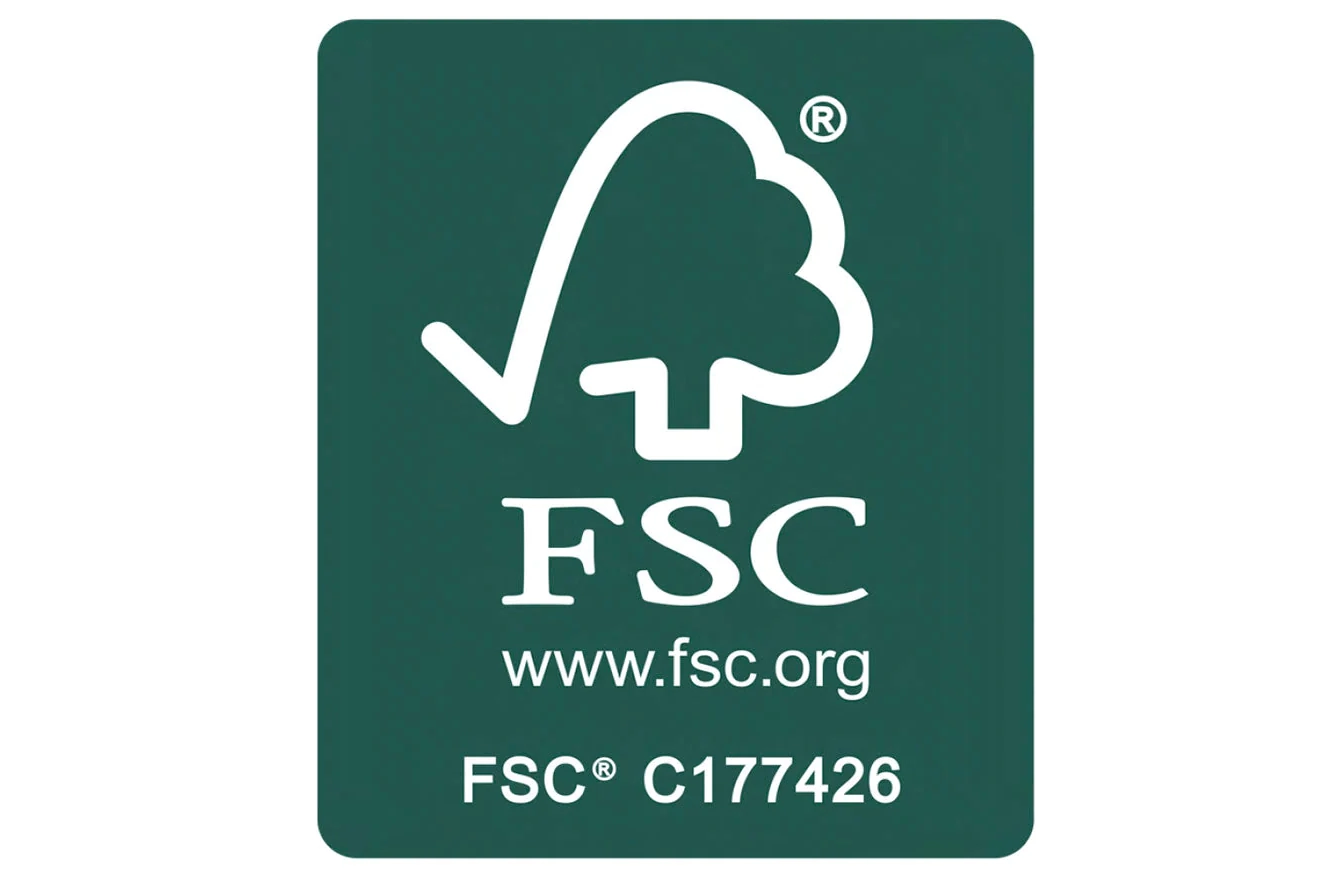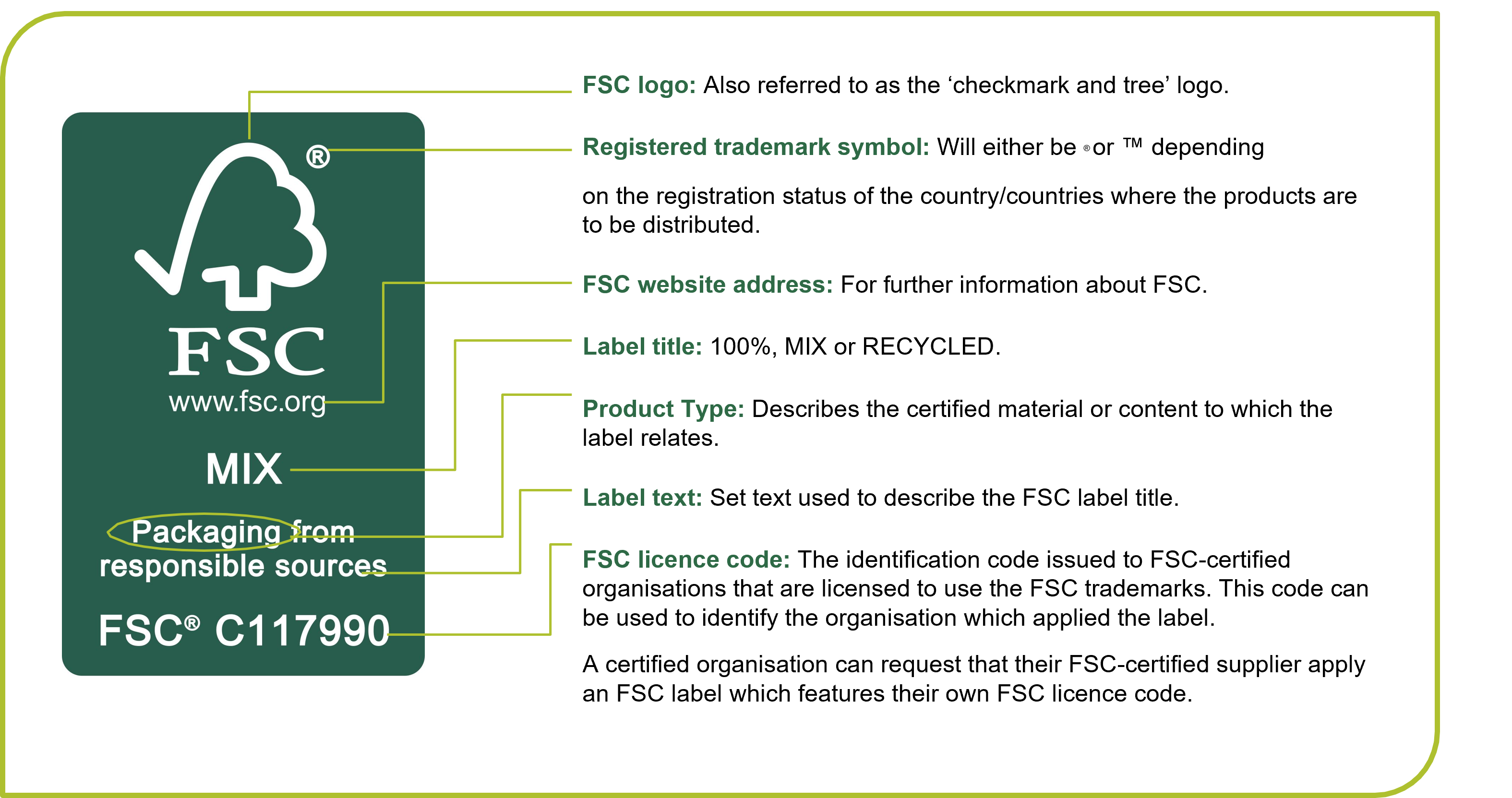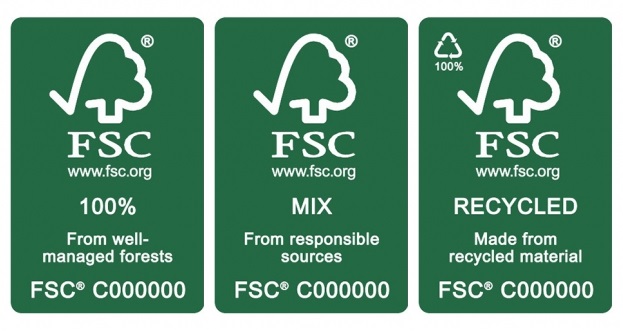Why is FSC Certification Crucial for Sustainability?

FSC Certification Process
What is FSC certification and why is it important?
FSC certification ensures sustainable forestry practices, benefiting the environment and communities.
The Forest Stewardship Council (FSC) certification validates that forests are managed responsibly. It promotes the well-being of forests, wildlife, and local communities.
How does the FSC certification process work?
Forests are assessed against strict environmental and social standards set by the FSC. Third-party certification bodies conduct audits.
I verify compliance with FSC guidelines and principles. Independent auditors evaluate forest management practices.
What are the eligibility requirements for obtaining FSC certification?
To obtain FSC certification, forests must meet criteria for biodiversity, ecological functions, and local community engagement.
Forests must adhere to FSC’s rigorous standards, including the protection of endangered species and the prohibition of hazardous chemicals.
What are the environmental and social benefits of FSC certification compared to other certifications?
FSC certification contributes to biodiversity conservation, carbon sequestration, and the protection of indigenous rights.
FSC-certified products support sustainable livelihoods and local economies, promoting ethical and environmentally responsible practices.
Case Studies and Success Stories
Implementations of FSC certification show a commitment to sustainable forestry practices. Companies benefit economically, environmentally, and socially from obtaining FSC certification. Notable case studies highlight the positive impacts, such as improved forest management and increased market opportunities. FSC certification contributes to sustainable business practices by promoting responsible sourcing and supporting local communities.
FSC certification ensures forests are managed responsibly, protecting biodiversity and ecosystems. Companies embracing FSC certification signal to consumers their dedication to sustainability. Through FSC certification, businesses gain access to environmentally-conscious markets and enhance their brand reputation. Not only do companies benefit financially, but they also play a part in global conservation efforts.
One exemplary case study is the implementation of FSC certification by an international furniture manufacturer. By obtaining FSC certification, they demonstrated their commitment to using ethically sourced wood. This led to an increase in customer trust and loyalty, resulting in higher sales and market share. The company’s decision to pursue FSC certification not only benefited their bottom line but also helped preserve forests for future generations.
Another success story involves a paper production company that integrated FSC certification into its operations. This strategic move not only improved their environmental footprint but also opened up new business opportunities in eco-conscious markets. By aligning with FSC principles, the company showcased its dedication to sustainability and responsible resource management, attracting partnerships with like-minded organizations.
Overall, FSC certification serves as a bridge between businesses and environmentally-conscious consumers. It encourages transparency, accountability, and
Updates on FSC Standards
Recent updates in FSC standards include stricter rules for the protection of high conservation forests.
These updates require companies to demonstrate compliance with enhanced environmental and social criteria.
The impact on companies seeking FSC certification is substantial, necessitating more rigorous sustainability practices.
For companies, these updates mean a higher level of accountability and transparency in their forestry practices.
Current trends in FSC certification emphasize the importance of community engagement and indigenous rights.
Sustainability practices are shifting towards a more holistic approach, focusing on long-term environmental and social impacts.
Certification bodies are increasingly recognizing the need for broader stakeholder involvement in decision-making processes.
Overall, these trends signal a growing commitment to sustainable forestry practices and ethical sourcing within the industry.
Being aware of these updates and trends is crucial for companies seeking FSC certification to align with the latest standards and best practices.
Comparing FSC Certification to Other Certifications
How Does FSC Certification Differ from Other Certifications in the Forestry Industry?
FSC certification stands out for its focus on environmental, social, and economic aspects.
FSC ensures sustainable forestry practices, safeguarding ecosystems and supporting local communities.
Unlike some certifications, FSC evaluates the entire supply chain, from forest to end product.
FSC requires compliance with strict standards, promoting responsible forest management globally.
What Are the Advantages of Choosing FSC Certification Over Other Options?
Opting for FSC certification showcases a commitment to sustainability and ethical practices.
FSC-certified products are preferred by environmentally-conscious consumers and businesses.
FSC certification enhances brand reputation, attracting eco-conscious customers and business partners.
Choosing FSC certification demonstrates corporate responsibility and support for biodiversity conservation.
What Criteria Should Companies Consider When Deciding Between FSC Certification and Alternative Certifications?
Companies should assess their values, aligning with FSC’s comprehensive sustainability principles.
Consider the credibility and recognition FSC certification offers in global markets and supply chains.
Evaluate the cost implications of FSC certification against potential market advantages and differentiation.
Compare the specific requirements of alternative certifications with FSC to ensure alignment with company goals.
Prioritize transparency, traceability, and long-term sustainability when selecting between FSC and alternative certifications.
Steps to Obtain FSC Certification
To begin the FSC certification process, start by contacting an FSC-accredited certification body. Ensure they understand sustainable forestry practices to guide you. Next, assess your current forestry operations to identify gaps in meeting FSC standards. This step is crucial for a successful certification journey.
To ensure a smooth application and evaluation process, collaborate closely with the certification body. Provide all necessary documentation and data promptly and accurately. Implement any required changes or improvements to align with FSC standards promptly. Open communication and transparency are key to a successful evaluation.
Various resources and assistance are available to help organizations secure FSC certification. Utilize guidance documents provided by FSC to understand requirements thoroughly. Seek support from consultants or experts with experience in FSC certification processes. Join FSC-related workshops or training sessions to enhance your knowledge and readiness for certification.
By following these steps and leveraging available resources, you can navigate the FSC certification process effectively. Remember, commitment to sustainable forestry practices and dedication to meeting FSC standards are fundamental to achieving certification. Embrace the opportunity to contribute to responsible forest management and showcase your commitment through FSC certification.
FAQs about FSC certification
What is FSC certification?
FSC certification stands for Forest Stewardship Council certification, which ensures that products come from responsibly managed forests that provide environmental, social, and economic benefits. It is a credible certification system that helps consumers and businesses make environmentally conscious choices.
Why is FSC certification important?
FSC certification is important as it promotes sustainable forest management practices, protects biodiversity, supports local communities, and helps combat illegal logging. By choosing FSC-certified products, consumers contribute to the preservation of forests for future generations and support ethical business practices.
How can a company obtain FSC certification?
To obtain FSC certification, a company must meet the FSC’s strict forest management standards and undergo an independent assessment by an accredited certification body. This process involves demonstrating compliance with FSC’s Principles and Criteria, which cover aspects like forest conservation, community rights, and fair labor practices.
What are the benefits of using FSC-certified products?
Using FSC-certified products demonstrates a commitment to sustainability, environmental conservation, and corporate social responsibility. These products are derived from well-managed forests, contribute to biodiversity conservation, and support the livelihoods of forest-dependent communities, making them a responsible choice for businesses and consumers.
How can consumers identify FSC-certified products?
Consumers can identify FSC-certified products by looking for the FSC logo on the packaging or product labels. This logo indicates that the product comes from responsibly managed forests and has met the stringent criteria set by the Forest Stewardship Council. Choosing FSC-certified products empowers consumers to make eco-friendly choices and support sustainable forestry practices.
In conclusion, FSC certification ensures sustainable forestry practices. The process involves eligibility requirements and environmental benefits. Successful case studies highlight the positive impact. Companies benefit from FSC certification through sustainability. Updates in FSC standards impact certification seekers. Choosing FSC over other certifications offers advantages. The steps to obtain FSC certification require planning and resources. Overall, FSC certification promotes environmental and social responsibility in forestry practices.





